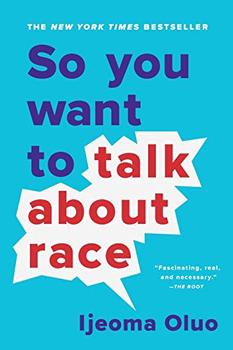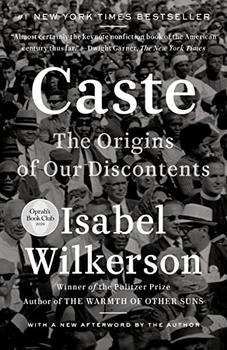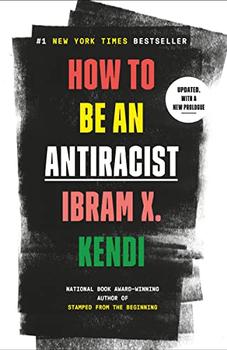Summary | Excerpt | Reading Guide | Reviews | Beyond the book | Read-Alikes | Genres & Themes | Author Bio

In this New York Times bestseller, Ijeoma Oluo offers a hard-hitting but user-friendly examination of race in America
Widespread reporting on aspects of white supremacy--from police brutality to the mass incarceration of Black Americans--has put a media spotlight on racism in our society. Still, it is a difficult subject to talk about. How do you tell your roommate her jokes are racist? Why did your sister-in-law take umbrage when you asked to touch her hair--and how do you make it right? How do you explain white privilege to your white, privileged friend?
In So You Want to Talk About Race, Ijeoma Oluo guides readers of all races through subjects ranging from intersectionality and affirmative action to "model minorities" in an attempt to make the seemingly impossible possible: honest conversations about race and racism, and how they infect almost every aspect of American life.
Though Oluo makes a point of not sugar-coating justice issues or the amount of work they require, So You Want to Talk About Race is warm, personal and sometimes funny. The author introduces concepts through anecdotes from her own experiences, which range from infuriating to hilarious to sobering. She takes serious topics out of an academic context and places them in a conversational one. The book succeeds in being exactly what it intends to be: an insightful and honest guide for people struggling to talk to their family members, friends, neighbors and co-workers about race...continued
Full Review
(807 words)
This review is available to non-members for a limited time. For full access,
become a member today.
(Reviewed by Elisabeth Cook).
In So You Want to Talk About Race, Ijeoma Oluo devotes a chapter to racial microaggressions, or everyday instances of racism. As opposed to macroaggressions, which encompass obvious racist behavior such as the use of racial slurs, microaggressions are subtle, sometimes unconscious and often seemingly unremarkable actions that contribute to stereotypes, bias or other types of harm against marginalized groups. Any person who is marginalized on the basis of race, gender, sexuality or other factors may experience microaggressions, but the term is most often applied to words and actions that affect people of color, and this is the context in which it is used in Oluo's book.
The word "microaggression" was first coined in the 1970s by the ...
This "beyond the book" feature is available to non-members for a limited time. Join today for full access.

If you liked So You Want to Talk About Race, try these:

by Isabel Wilkerson
Published 2023
The Pulitzer Prize–winning, bestselling author of The Warmth of Other Suns examines the unspoken caste system that has shaped America and shows how our lives today are still defined by a hierarchy of human divisions.

by Ibram X. Kendi
Published 2023
From the National Book Award–winning author of Stamped from the Beginning comes a bracingly original approach to understanding and uprooting racism and inequality in our society - and in ourselves.